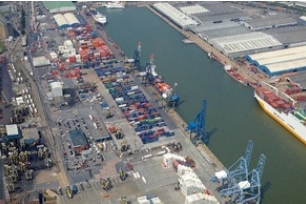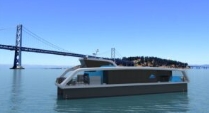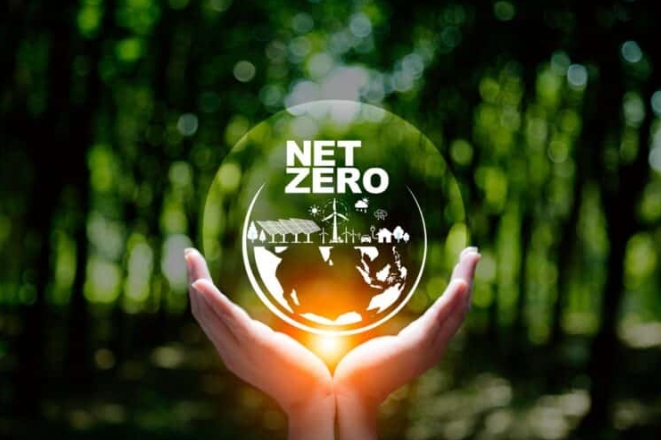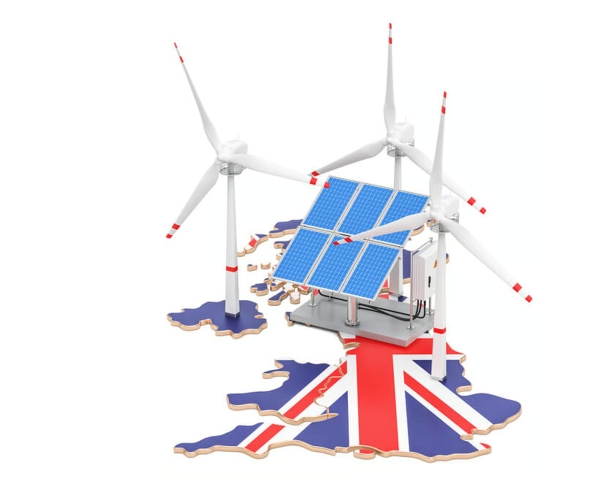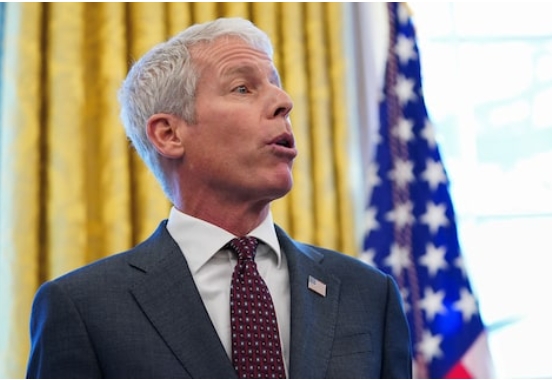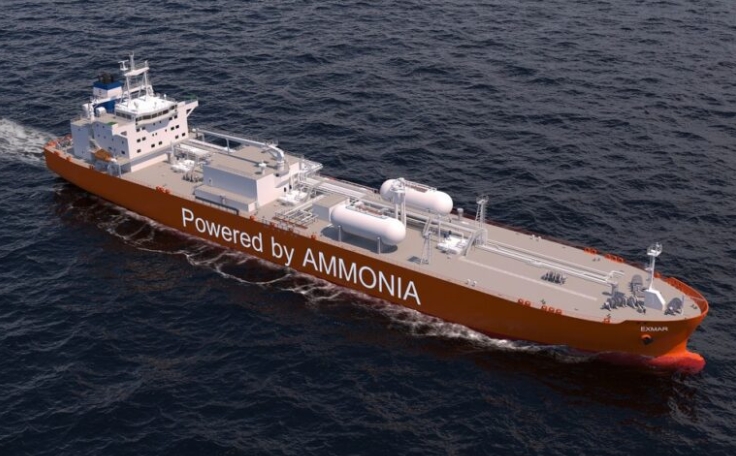
The two proposed technologies are the performance evaluation test method for water electrolysis technology and the high-pressure hose test method for hydrogen tube trailers. These proposals received the consent of member countries at the ISO/TC197 General Assembly, which was held in Seoul on Dec. 13, highlighting the international community’s recognition of Korea’s advancements in hydrogen technology.
The ISO/TC197 General Assembly, which sets international standards for hydrogen technology, marked a significant milestone for Korea as it was the first time the event was held in the country.
The Ministry of Trade, Industry and Energy announced that the government plans to actively support the international standardization process to enable domestic companies to hold technological leadership in the global hydrogen market, which is expected to grow to $12 trillion by 2050.
Hydrogen technology is crucial for achieving carbon neutrality and energy security, as it can be produced from various renewable sources and emits only water when used as fuel. The International Energy Agency (IEA) projects that the global hydrogen market will reach $12 trillion by 2050, six times the size of the global automotive market. This underscores the strategic importance of leading in hydrogen technology and the potential economic benefits.
The performance evaluation test method for water electrolysis technology proposed by Korea is characterized by subdividing the technology development units. Water electrolysis technology, which produces hydrogen by electrolyzing water, was previously standardized at the system level. However, the Korea Hydrogen Industry Association, in collaboration with Korea Gas Safety Corp., Jeonnam Technopark, and the German research institute Fraunhofer, proposed a new performance evaluation test method by subdividing it into cells, the smallest unit of a stack, and short stacks measured in kilowatts (kW). This detailed approach aims to enhance the precision and reliability of performance evaluations.
The high-pressure hose test method for hydrogen tube trailers is another significant proposal. This project aims to develop international standards for high-pressure hoses that reduce transportation time through rapid intake. The Korea Hydrogen Industry Association, Korea Gas Safety Corp., DukSan Neolux, and the global testing organization TUV Rheinland are working together on this standardization. High-pressure hoses are critical components in the transportation of hydrogen, especially in tube trailers that carry compressed hydrogen gas. These hoses must withstand high pressures and ensure safe and efficient hydrogen delivery.
The government plans to designate the two proposed technologies as new national standard technology projects for next year and actively support their standard development. This initiative is part of Korea’s broader strategy to become a leader in the global hydrogen economy. By setting international standards, Korea aims to facilitate the adoption of its technologies worldwide, thereby gaining a competitive edge in the burgeoning hydrogen market.
A representative from the Ministry of Trade, Industry and Energy, stated:
The government plans to actively support the international standardization process to enable domestic companies to hold technological leadership in the global hydrogen market, which is expected to grow to $12 trillion by 2050,
The Korea Hydrogen Industry Association also emphasized the significance of their proposal, stating,
The performance evaluation test method for water electrolysis technology proposed this time is characterized by subdividing the technology development units.
The establishment of international standards is crucial for ensuring interoperability, safety, and quality in technology and industry. It facilitates international trade and the adoption of new technologies by providing a common framework and benchmarks. Korea’s proposals for new standards in hydrogen technology reflect its commitment to innovation and leadership in this critical field. As the global hydrogen market continues to grow, the successful standardization of these technologies could have a profound impact on the industry, opening up new opportunities for Korean companies and contributing to the global transition to clean energy.
